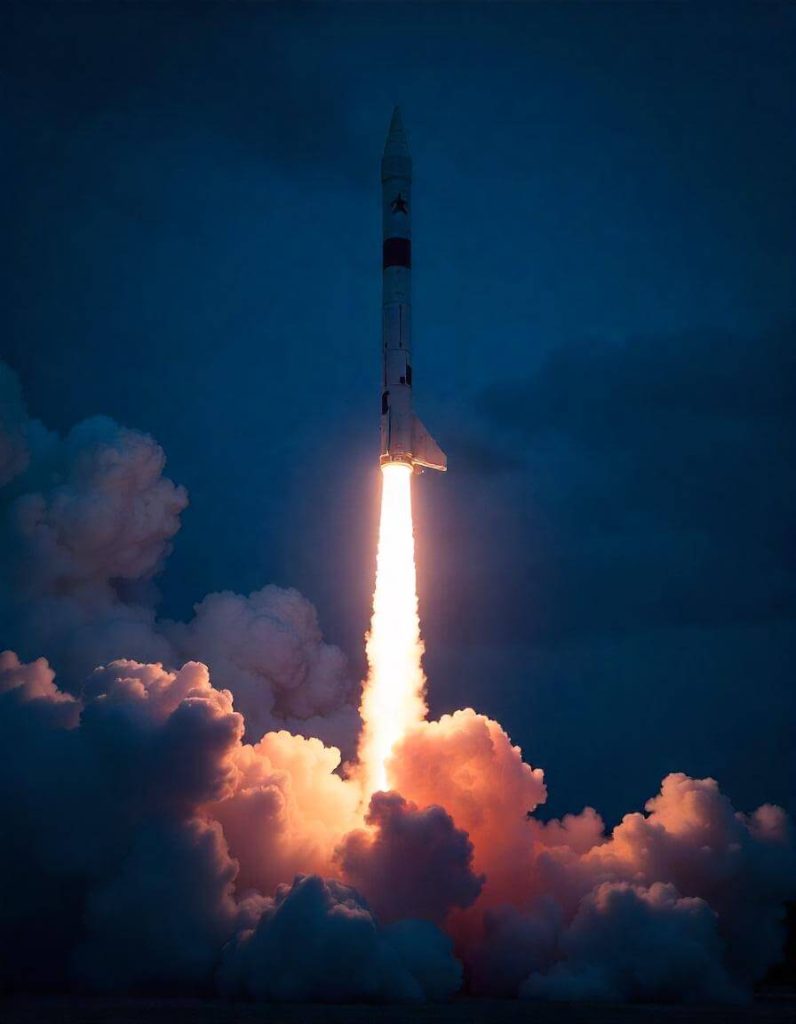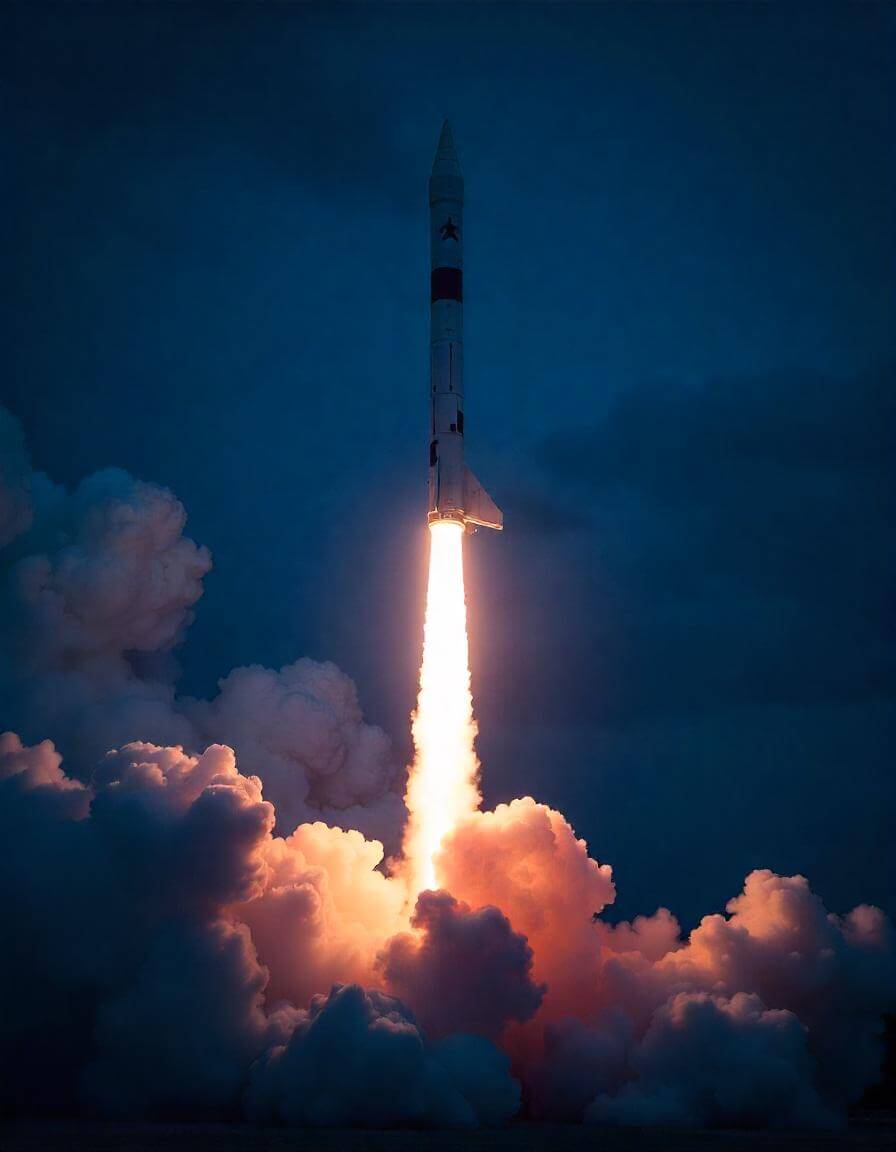Pakistan recently articulated its regret and dissatisfaction regarding the US’ imposition of fresh restrictions on its ballistic missile program, deeming the action “unfortunate and biased.” The sanctions have ignited considerable debate and apprehension, both domestically in Pakistan and globally, as they affect Pakistan’s defense capability and its strategic alliances with global powers. Pakistan has consistently asserted that its missile program is intended for defensive purposes and aligned with its security requirements, especially considering regional security issues in South Asia.
Context of the Sanctions
The United States has enacted multiple sanctions against Pakistan throughout the years, mostly targeting its missile and nuclear initiatives. The current sanctions, issued in December 2024, focus on Pakistan’s ballistic missile technology, encompassing its production and testing operations. US officials assert that the restrictions are integral to a sustained initiative aimed at curbing the proliferation of missile technology that may augment Pakistan’s nuclear delivery systems. The United States has persistently advocated for global non-proliferation initiatives, and these sanctions are regarded as integral to that overarching goal.
The sanctions impose limitations on the transfer of sensitive technologies and financial services, specifically concerning companies or entities associated with Pakistan’s missile development. This action is perceived as an effort to restrict Pakistan’s missile development endeavors, particularly in light of escalating apprehensions regarding the security landscape in South Asia, where tensions between Pakistan and India persist.
Pakistan’s Reaction
In reaction to these sanctions, Pakistan has articulated its discontent, asserting that the limits are both inequitable and disregard the nation’s genuine security concerns. A representative from Pakistan’s Ministry of Foreign Affairs characterized the penalties as “regrettable and prejudiced,” asserting that they compromise the norms of justice and equity in international relations. Pakistan has asserted that it has consistently employed its missile capability for defensive objectives, specifically to sustain a balance of power in the area.

Pakistan’s defense and security establishment has repeatedly emphasized that its missile program serves as a deterrence designed to safeguard national security amid a progressively intricate security landscape. In light of its protracted and frequently contentious relationship with neighboring India, Pakistan asserts that its missile and nuclear programs are essential for the protection of its sovereignty and territorial integrity.
Moreover, Pakistan has urged the international community to comprehend the overarching backdrop of its defense strategy. Islamabad asserts that the advancement of its missile technology is not an aggressive initiative but a defensive one, intended to safeguard itself against prospective threats, especially from India, with which it has engaged in multiple conflicts historically.
Effects on Bilateral Relations
The implementation of sanctions by the United States has exacerbated the fragile relationship between Washington and Islamabad. Despite collaboration in other domains, including counterterrorism and military cooperation, tensions frequently arise around Pakistan’s nuclear and missile projects. The recent sanctions are anticipated to exacerbate diplomatic relations, especially as Pakistan aims to enhance its defense and security capabilities.
The leadership of Pakistan has articulated apprehension that the US sanctions are unilateral and do not recognize the wider geopolitical context. Islamabad has indicated that India, which had comparable security concerns, has developed its own sophisticated missile systems without encountering analogous restrictions. This, as per Pakistan, underscores what it views as a double standard in the application of international norms across various nations. The displeasure is exacerbated by Pakistan’s role as a collaborator in global counterterrorism initiatives, while perceiving that its strategic defense requirements are being unjustly scrutinized.
Pakistan’s Appeal for Equity in International Security Policies
Pakistan advocates for a more equitable approach to global security policies, emphasizing the need to address the security needs of all nations in the region rather than isolating specific ones. The nation contends that restrictions imposed on its missile program merely intensify tensions and may further destabilize a region already confronting numerous challenges, including the risk of nuclear proliferation.
Pakistan has highlighted that other countries with comparable missile and nuclear programs, such India and China, do not face the same degree of scrutiny and limitations. The nation has underscored the significance of regional stability and dialogue, asking all parties to pursue peaceful and constructive diplomacy instead of resorting to punitive actions that could exacerbate an arms race.
Despite these penalties, Pakistan is expected to maintain its stance on the international scene, advocating for a more equitable and reasonable framework for security and non-proliferation. The government is anticipated to undertake diplomatic initiatives to address its concerns with the United States and other global entities, aiming to negotiate a more equitable framework that acknowledges its legitimate military requirements while also enhancing overall regional security.
Anticipating the Future
The restrictions imposed on Pakistan’s missile program represent the most recent development in a multifaceted geopolitical narrative. In response to these limits, Pakistan is expected to pursue enhanced relations with other global powers, especially China and Russia, to strengthen its defense capabilities and mitigate the impact of the United States. Furthermore, Pakistan is expected to persist in its engagement with international organizations, including the United states, to promote the just and equitable treatment of all states, irrespective of their military capabilities.
The future of US-Pakistan relations will ultimately hinge on the ability of both parties to manage existing tensions and establish consensus on defense, security, and non-proliferation matters. The sanctions pose a substantial obstacle, however they also offer a chance for conversation and diplomacy, which may be essential for achieving enduring peace and stability in the region.
The enforcement of sanctions on Pakistan’s ballistic missile program highlights the complexities of global security policy, where conflicting national interests, regional dynamics, and international law frequently intersect. The persistent discourse on these sanctions will influence Pakistan’s foreign and defense policy, and it is uncertain how the situation will develop in the forthcoming months and years.
If you are interested for more: Pakistan Expresses Disappointment Over US Sanctions on Ballistic Missile Program, Calls for Fairness PMAY-U 2.0: Eligibility and How to Apply for Affordable Homes Under Pradhan Mantri Awas Yojana

